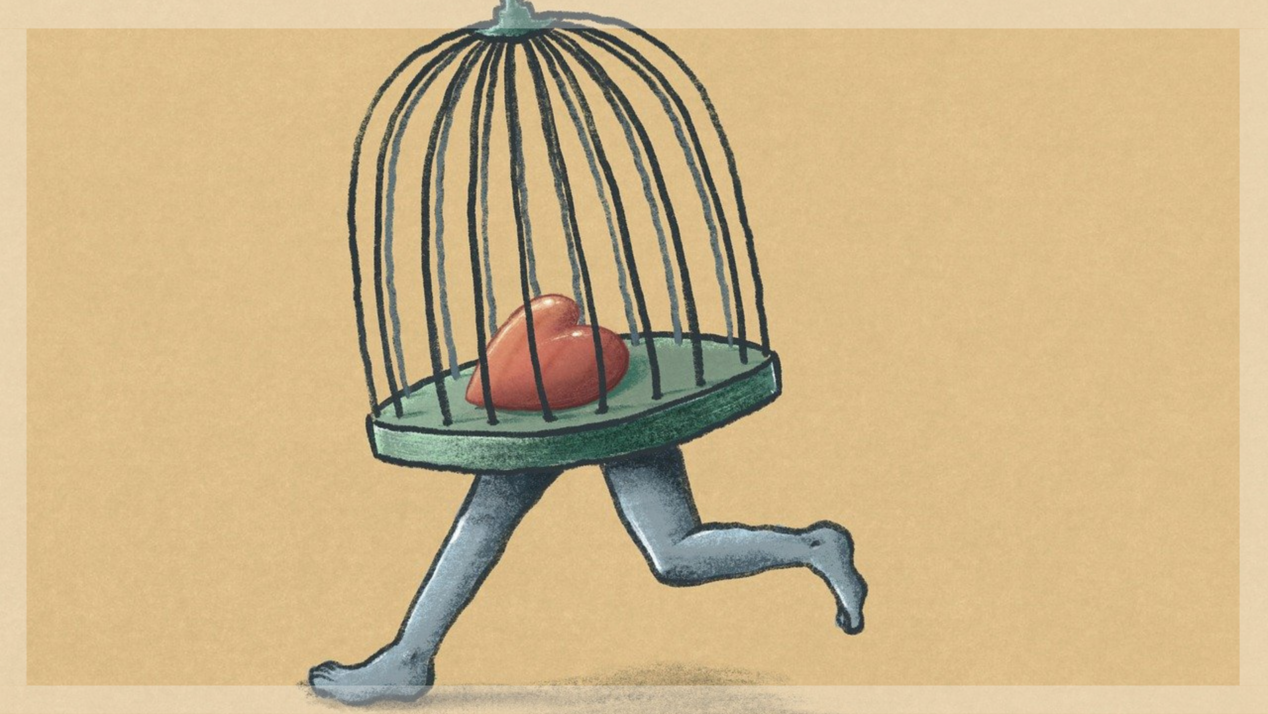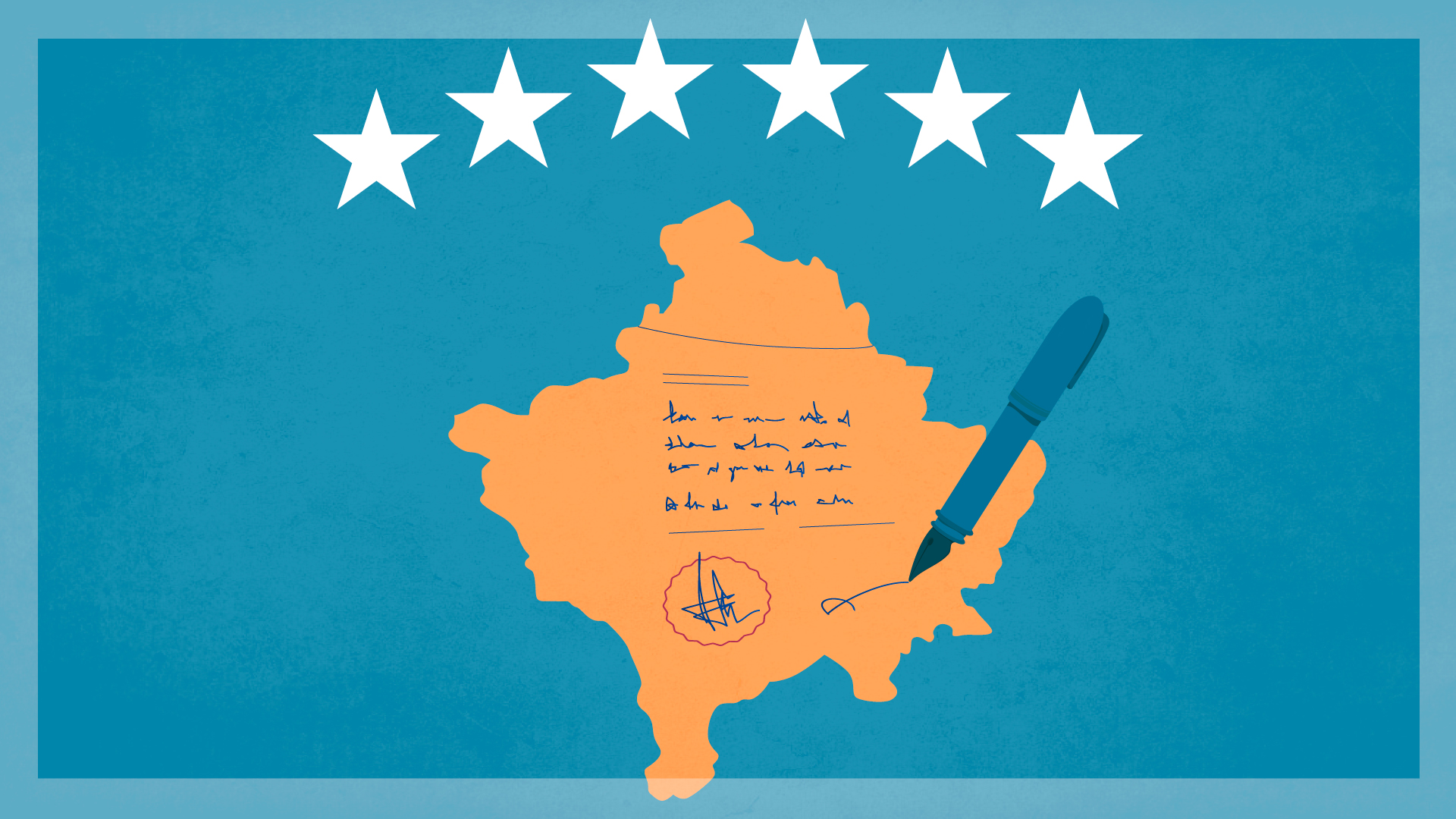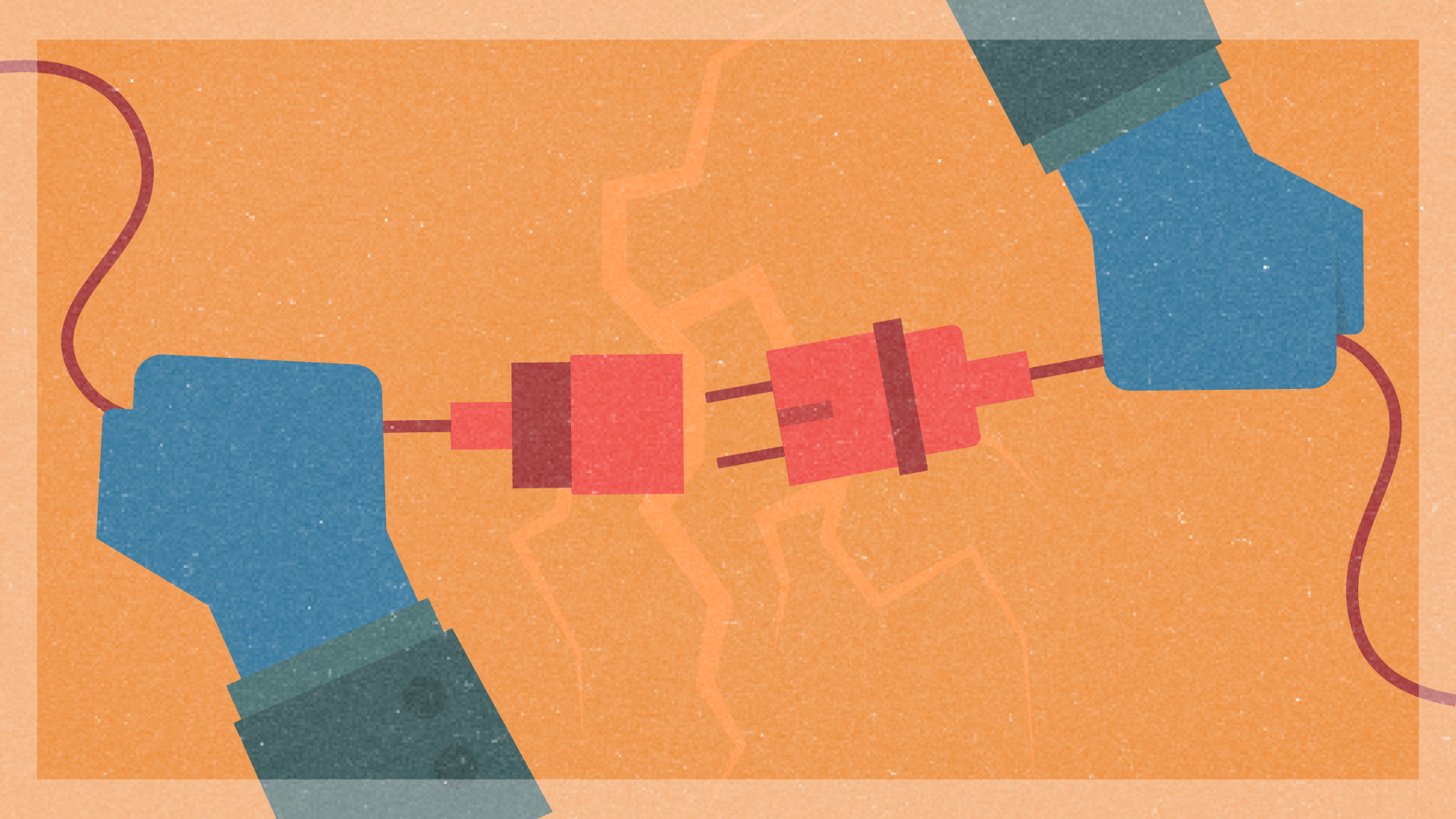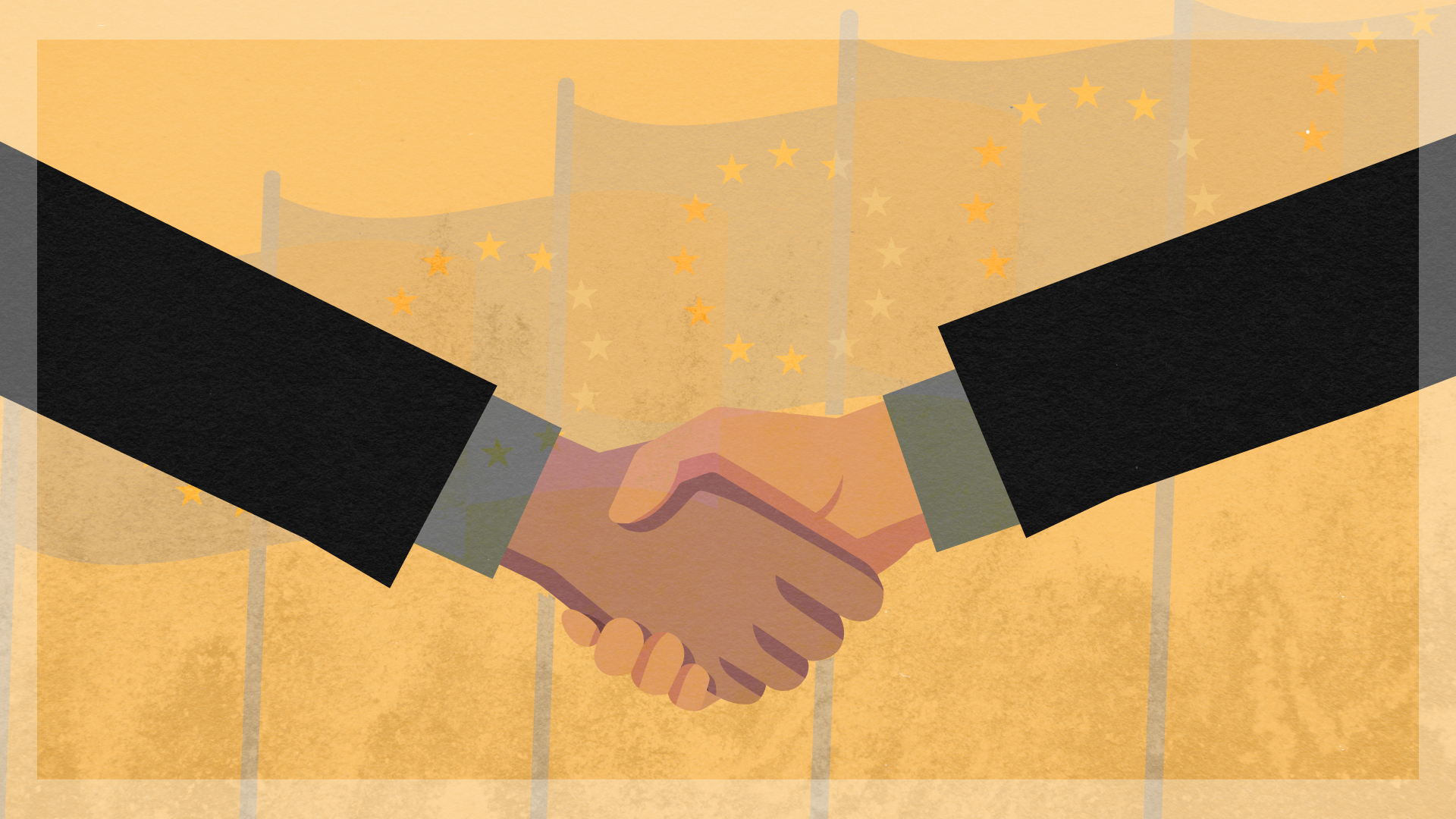Did you set it up for the return? I did that out of habit, you would explain to her, and she would understand; she was the one who taught you to clean after yourself. In the living room, she would notice something that no one else would. The absence of photos, one of herself and your mother, the other of the entire family, usually proudly exposed on the dresser, under the clock. You took the pictures out of frames so that they will keep you company along the way. You apologetically say, in a weak voice; some of the pictures I have hidden in a safe place until I return. Yes, I know every refugee believes that leaving home is only temporary; otherwise, how would they bear to leave?
You had not intended to leave, even when shelling was getting closer, not when all the other neighbors from the apartment building had already left, as if you believed the war would not touch you.
How to desert the place where you and your parents worked hard to earn for every single thing, from the big flat screen television set to the fine new carpet. Pretty presents you got for your birthday, old inherited teacups, that fine coat you saved for, the small things that made you happy. Leaving home to save your life was unimaginable, for what is life without everything that makes it home?
You had not intended to leave, even when shelling was getting closer, not when all the other neighbors from the apartment building had already left, as if you believed the war would not touch you.
You can almost feel babusia reading your mind as you touch the cushions on the bed, the reading lamp, and a new, unread book waiting for you to open it. Try to take away the moments with you. Remember how you fell from a bicycle the first time you rode and hurt your knee but stubbornly climbed on again? Or buying a pair of fancy shoes for a dinner after your baccalaureat.
Other moments you won't be able to forget, even if you wish you could: the one when you spotted the first human corpse. It was only yesterday, you remember in amazement. As you walked into your street, someone was lying on the pavement in front of the number 5. As you approached, as you had to pass by, you saw the old school janitor, who never let you into the school even if you were only a minute late. Lying there in his pajamas, he looked as if he was asleep. But who would choose to sleep on the pavement on a chilly spring morning? Even from where you stood, you could see that his eyes were open, and there was a small pool of blood under his head. You suddenly felt trapped. You stopped and screamed into the space, not hoping for an answer: why? Why? But the answer came in a familiar voice: Don't go around asking why; you are not a child anymore!
Life is not things; it is the memory of those things, the only way to keep them with you. Now you understand why your mental tryvozhna valizka so much more important than the one on the floor. The one that you would uselessly drag, pull, or carry around, hugging it and never letting go - until you get so tired that you'd want to abandon it, throwing it into the first water that would be deep enough to swallow it.
Hatred is something one easily LEARNS in such a situation. It is the most terrible lesson in survival.
The other valizka, on the other hand, is the one that will always remain, the one you take back home or wherever you go when the war ends, and it will; every war does. That one is heavy in a different way. What else is inside, apart from the fear, images from the past, and your memories of the precious moments? Everything that you learned since the war started: the sound of the air raid siren, the word shelter, the damp smell of the cellars, the scent of fresh blood. Also, lessons that you will yet have to learn: you'll discover that your home is not yours because the others have the power to take it from you; you'll realize that for the same reason, your life is not your own; you'll learn to be afraid, and that fear is good; you'll learn to choose sides as well as to be pushed to the side you did not choose; you might even need to learn how to hate. Hatred is something one easily LEARNS in such a situation. It is the most terrible lesson in survival; you will most certainly learn the word survival and its meaning. Survive one can everywhere; you will learn while walking in a long line towards some border or a safe place. That word, besides many other previous unknowns, will be the main word in your valizka. A safe place is another important notion; it seems only yesterday you believed any place you felt good was safe. And the word luck will get a new definition: while you sit on the wet soil somewhere in the woods, covered by a tarp under fat drops of cold rainfall, you'll suddenly realize your luck.
You will experience the birth of a whole new dictionary born out of the war. You should carefully take those newly born words and keep them in your valizka, which is becoming more and more precious the further you go.










